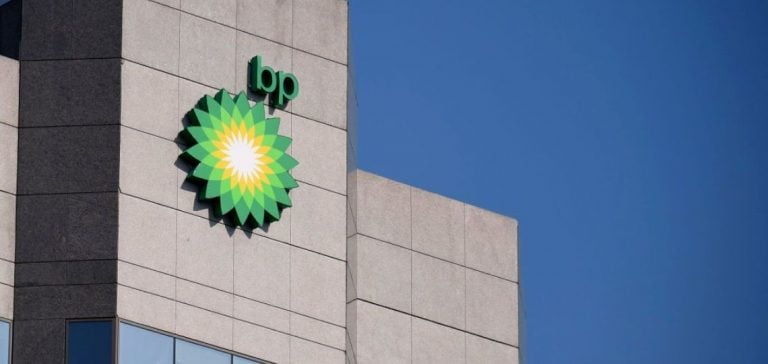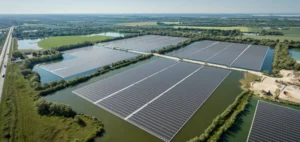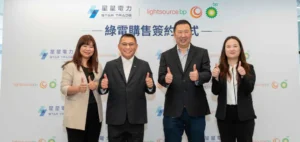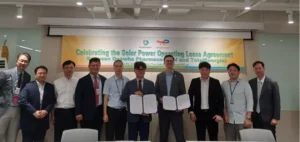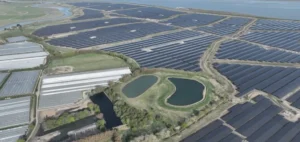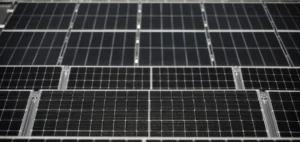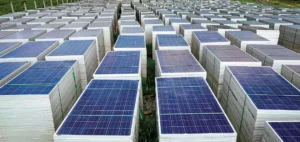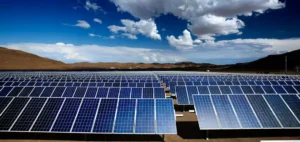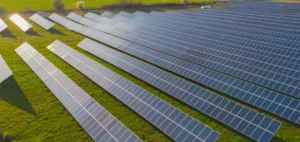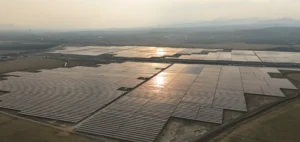BP, the multinational energy corporation, recently concluded the acquisition of all shares in Lightsource bp, a renowned company in the development and operation of solar and energy storage infrastructures. Initially holding 49.97% of the company, BP announced in November 2023 its intention to acquire the remaining 50.03%, a transaction now finalized. This strategic move represents a pivotal step in BP’s energy transition, seeking to diversify its energy sources by expanding its renewable asset portfolio.
Lightsource bp, with a projected development capacity of 62 GW, operates in 19 markets worldwide. Although now under BP’s full control, the company will continue to operate independently with its own brand. This integration will allow BP to meet the growing demand for clean energy among its customers while optimizing energy flows for its trading and energy management activities.
A Combined Development Strategy for Renewable Energy
According to William Lin, BP’s executive vice president for gas and low-carbon energy, the full integration of Lightsource bp into BP’s operations signifies the creation of a platform dedicated to onshore renewable energy production. This platform will combine wind, solar, and battery storage, thereby enhancing BP’s capabilities in these sectors while addressing its internal energy demand.
For Lightsource bp, this acquisition by BP will enable the consolidation of its activities and allow the pursuit of a sustainable growth strategy. The company applies a “develop, engineer, construct, and sell” business model, selling majority stakes in developed assets to strategic partners, thus maximizing financial returns while ensuring continued service and development.
Financial Consolidation and Impact on BP’s Debt
Following this acquisition, BP has consolidated Lightsource bp’s financial debt while eliminating a previously issued $900 million guarantee. The transaction, valued at £0.4 billion, includes approximately £0.2 billion from asset sales completed before closing. Consequently, BP has now recorded net debt of £2.1 billion, which it aims to reduce by bringing on a strategic partner soon.
BP’s leadership believes that integrating Lightsource bp into its renewable energy portfolio will not only strengthen its leadership in the field but also contribute to its efforts to meet decarbonized energy needs. Lightsource bp will continue to provide valuable expertise in large-scale renewable infrastructure development, which both entities view as a major advantage.
Growth Prospects and Global Expansion
In response to the acquisition, Lightsource bp’s CEO, Joaquin Oliveira, expressed excitement for this new chapter. With BP’s financial and strategic support, Lightsource bp aims to enhance its profitability and operational performance while continuing to increase its capacity for clean energy production. The two companies also plan to meet BP’s power needs for its other projects, including EV charging infrastructures and green hydrogen production.
Lightsource bp’s expansion into key markets and its capacity for innovation in the renewable energy sector will offer growth prospects for BP, thereby consolidating its position among global players in the energy transition. Future projects may include strategic partnerships to optimize funding and development capacities for new solar and storage facilities, leveraging Lightsource bp’s established model.

